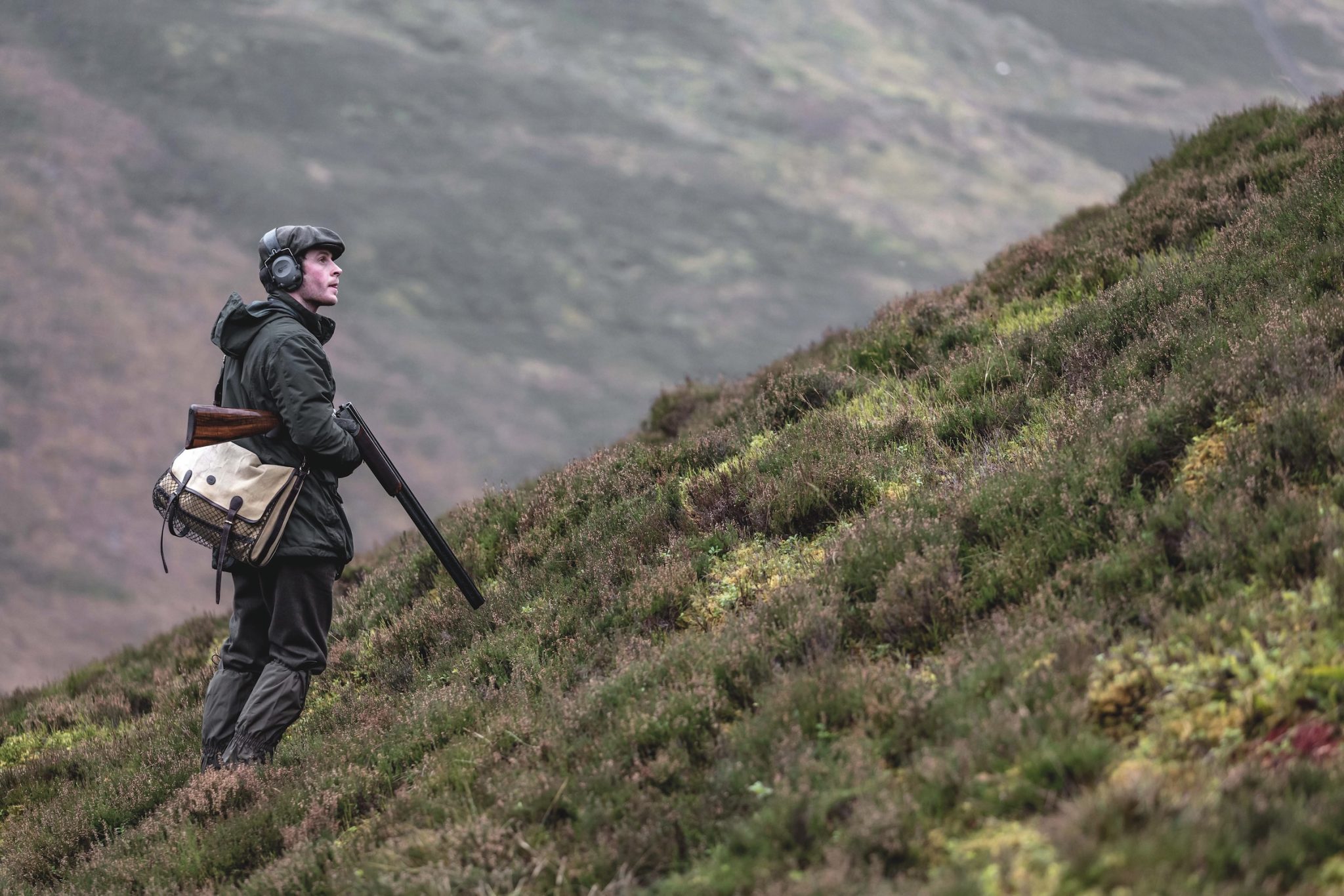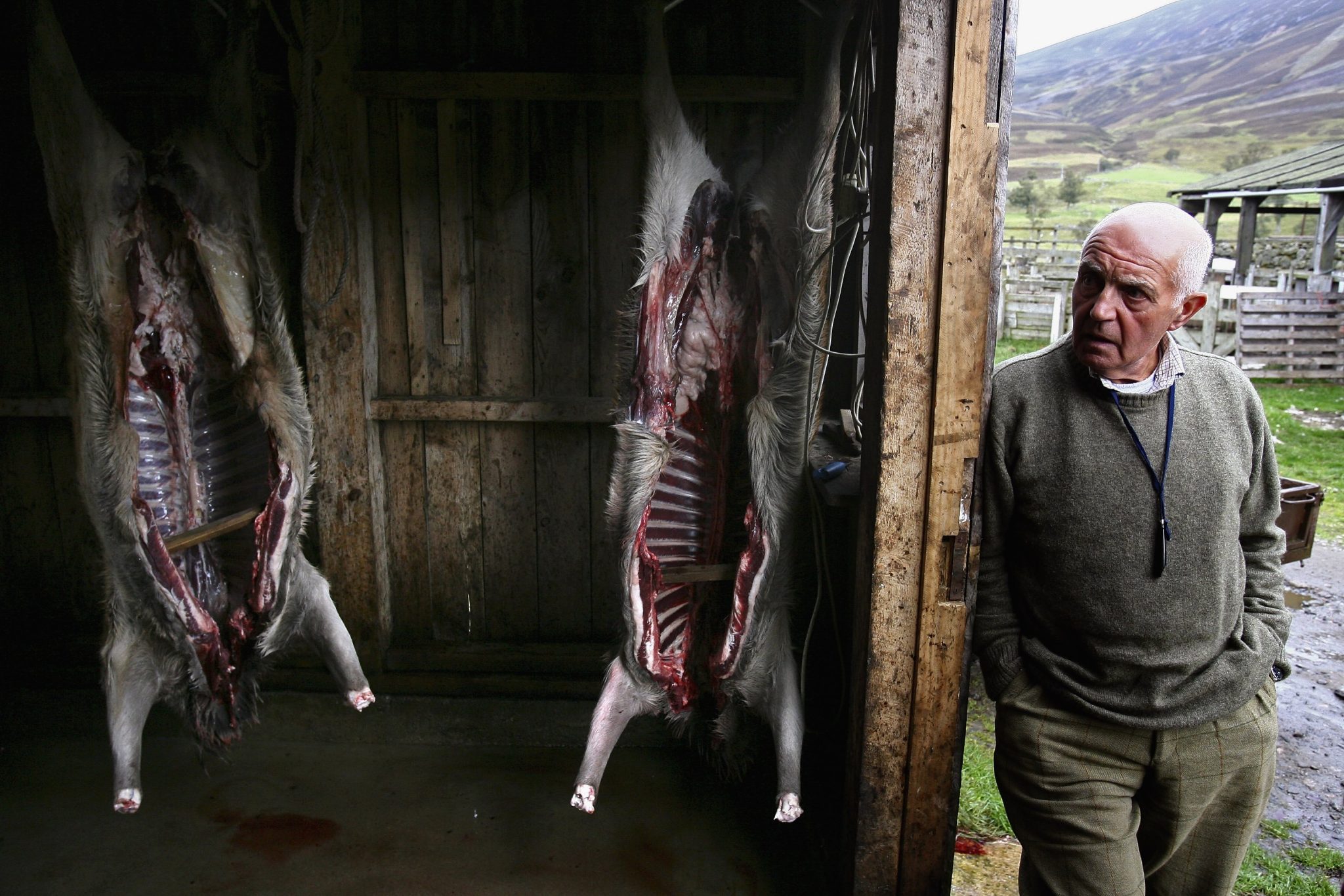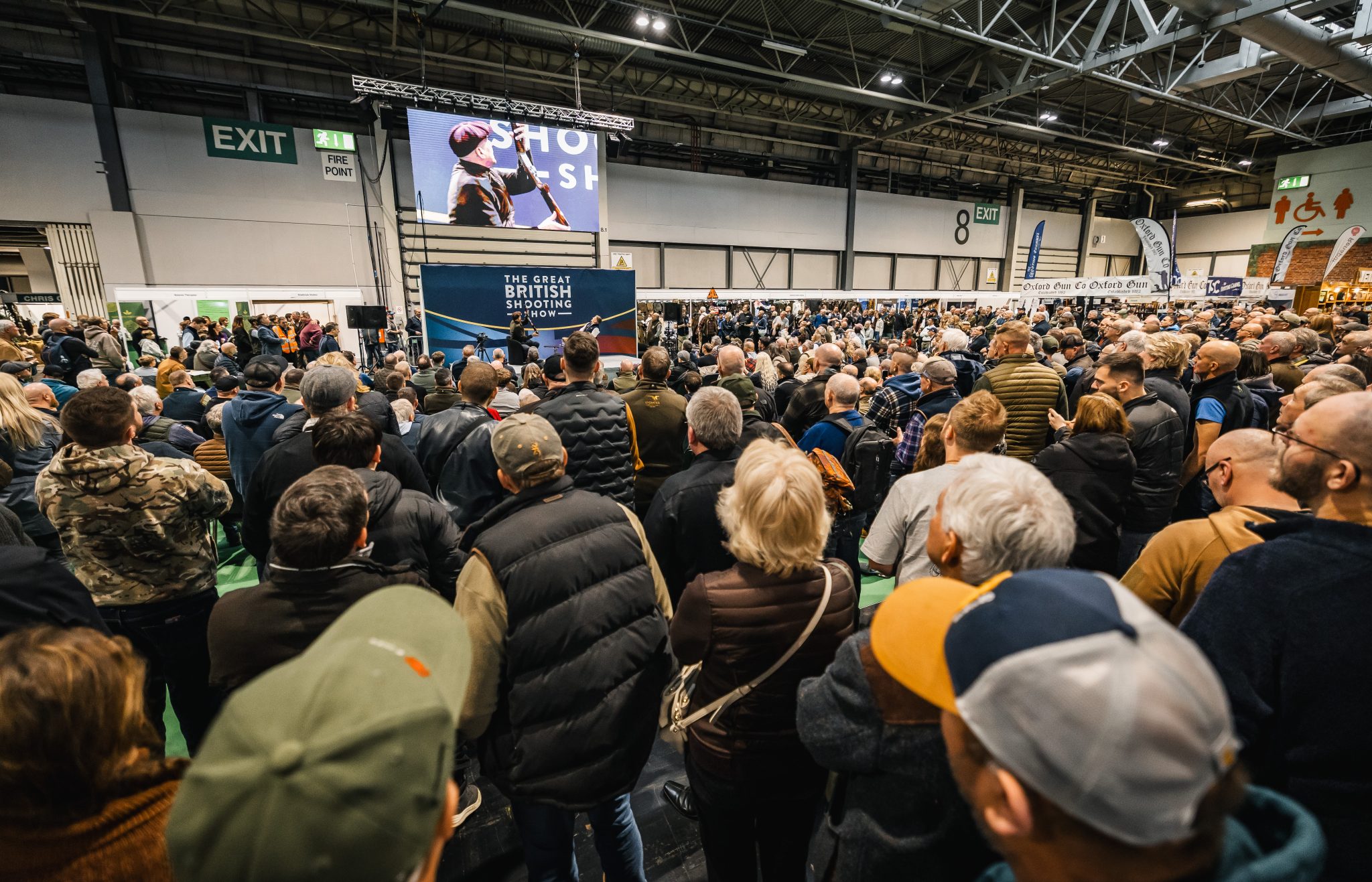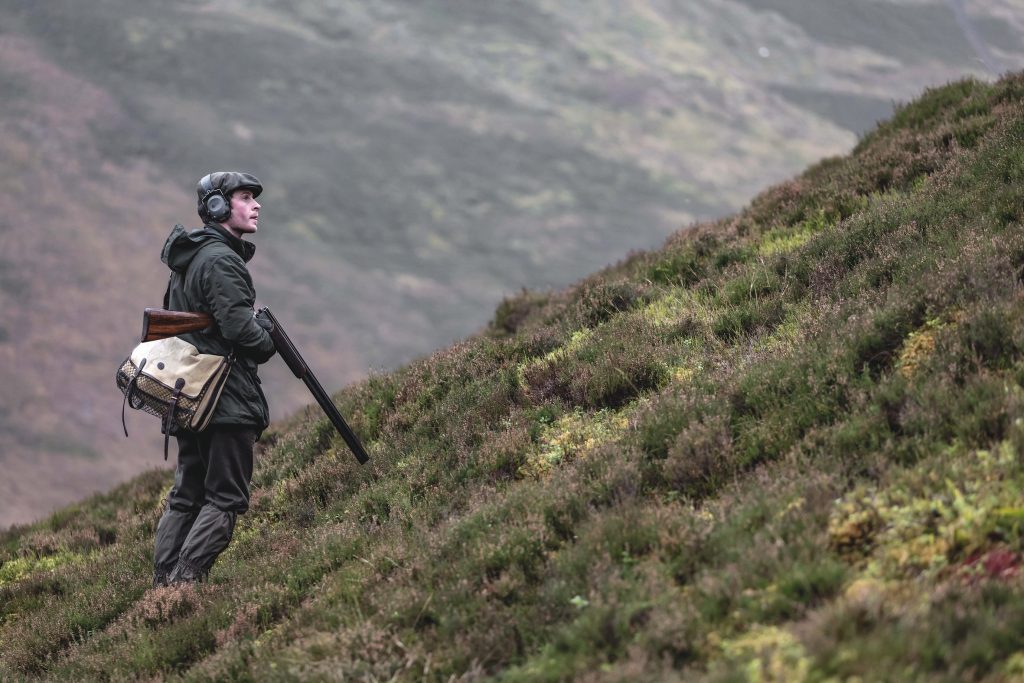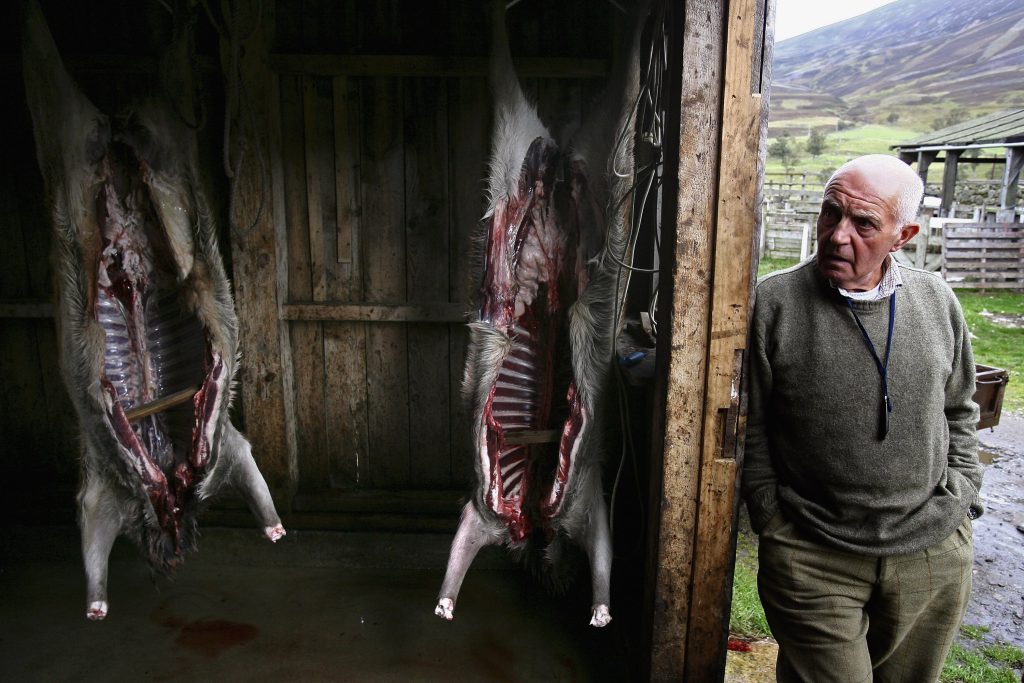★ Win a Schöffel Country shooting coat for everyone in your syndicate worth up to £6,000! Enter here ★
UK Firearms Licensing: The view from Chief Constable Andy Marsh
Firearms Licensing: Chief Constable Andy Marsh is the national policing lead for the Firearms & Explosives Licensing Working Group (FELWG), and here he outlines the plans for the future of UK firearms licensing.
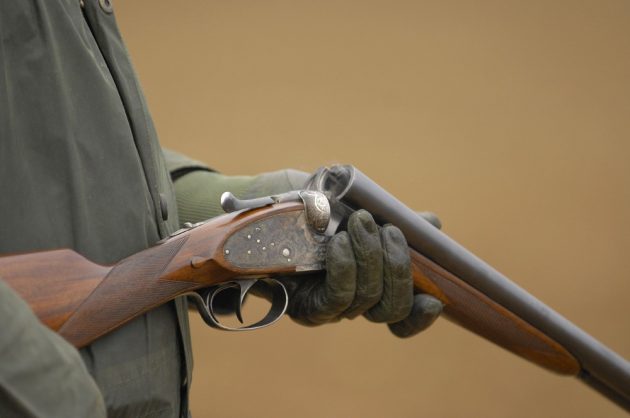
Recently I chaired a national conference on firearms licensing, facilitated by the National Gamekeepers Organisation at the headquarters of JCB in Staffordshire. There I gave the keynote speech outlining my priorities and aims as the national lead of FELWG and I would like to take this opportunity to share with you my visions and goals for firearms licensing, and inform you of all the hard work that is being done to deliver an improved licensing system.
Firstly, I believe it will be helpful to outline my priorities as the national lead: to reduce the risk to public safety by preventing foreseeable and avoidable harm; to deliver a cost-effective, efficient and fair licensing system (for both the taxpayer and customer); and to provide an excellent service to everyone touched by the licensing process.
It must be borne in mind that the licensing system needs to develop alongside policing, commerce, society, technology and financial constraints. This can only be achieved by working smarter.
So what does the future hold for firearms licensing? Perhaps the biggest changes are due for delivery in the coming year:
The role of doctors
I am currently working with the medical profession, shooting organisations, the Home Office and more, to improve our ability to share vital information. We only check the health of a certificate holder once every five years, relying on the self-declaration, and it is quite concerning to think how much can change in that time.
I do not want you to think I want forces to know every part of a certificate holder’s life. This is of course not about whether they went to the doctor because they had the flu or needed an injection. My aim is, that where a doctor is in possession of vital knowledge regarding a certificate holder’s suitability, or where that person may present a risk to public safety, that the information should be shared. If a doctor does not know their patient is a certificate holder with potential access to a shotgun/ firearm how can we reduce the risk to public safety and prevent a tragedy?
The role of government
The Home Office has completed a full review and update on The Guide to Firearms Licensing which is publicly available on the Home Office website and imminently due for completion. This provides firearms licensing with a single interpretation of the Firearms Act helping to drive a nationally consistent approach.
Online licensing
The design of an online licensing system, eCommerce for policing. This initiative is being developed and due to be piloted in early 2014. The system will allow people to apply online for grants, renewals, variations and much more including tracking an application, booking a visit and online payments. The aim is to develop a totally electronic online procedure. As well as providing many benefits for applicants and certificate holders, it will deliver far more efficient working practices that will help staff to concentrate their time on reducing risk and delivering an excellent service.
Delivery
As the national lead, I am also working with the College of Policing to develop an Accredited Professional Practice (APP) to make delivery more consistent.
An increase in fees
These are just a few of the pieces of work that are being developed that will change the landscape in firearms licensing in the future. However, I must ask readers for your understanding around my following comments.
In order to deliver improvements in firearms licensing, I need to ask all the chief officers nationally to invest time and resources to deliver my improvement plans. This, however, will not be an easy feat without investment. Just recently my proposal to increase fees in firearms licensing was turned down by a government/ ministerial committee much to my disappointment. My proposal was for ministers to agree an initial increase in fees.
This would have meant that a grant would increase to £94 and a renewal to £67. These are approximately half of what it is estimated it costs to grant/ renew a certificate. I do not see this increase as unreasonable or overpriced. Whilst there is much debate about the actual cost of granting/ renewing a certificate, it appears quite apparent to me that no one disagrees that it would cost more than the figures I propose. With that in mind, I am still pushing hard to see my proposed figures implemented as soon as possible, in the understanding that we are continuing to explore further with shooting organisations and more the estimated cost of licensing. This is in addition to my ambition to drive down actual costs by developing more efficient and effective practices.
I have and continue to work hard on delivering improvements to the service for firearms licensing, such as achieving a more consistent approach to the use of conditions on firearms certificates; improved timeliness of application to grant/ renewal; as well as gathering senior officers nationally to discuss firearms licensing and help drive consistency. I have many work strands well underway, which will involve the design and rollout of the most pivotal and pioneering change firearms licensing will have seen.
So what can you do?
Understand that in order to continually see improvements I need support and compromise. I need to deliver a fair price for both certificate holders and the taxpayer. Understand the pressure and strains our licensing departments face in the light of further savings that are required by forces. Be patient and understanding with staff. And most importantly of all, please submit your applications for renewals in good time, making sure they are accurate and fully completed.
Chief Constable Andy Marsh of Hampshire Constabulary is the national policing lead for the Firearms & Explosives Licensing Working Group (FELWG).
Related stories
Related Articles
Get the latest news delivered direct to your door
Subscribe to Shooting Times & Country
Discover the ultimate companion for field sports enthusiasts with Shooting Times & Country Magazine, the UK’s leading weekly publication that has been at the forefront of shooting culture since 1882. Subscribers gain access to expert tips, comprehensive gear reviews, seasonal advice and a vibrant community of like-minded shooters.
Save on shop price when you subscribe with weekly issues featuring in-depth articles on gundog training, exclusive member offers and access to the digital back issue library. A Shooting Times & Country subscription is more than a magazine, don’t just read about the countryside; immerse yourself in its most authoritative and engaging publication.



